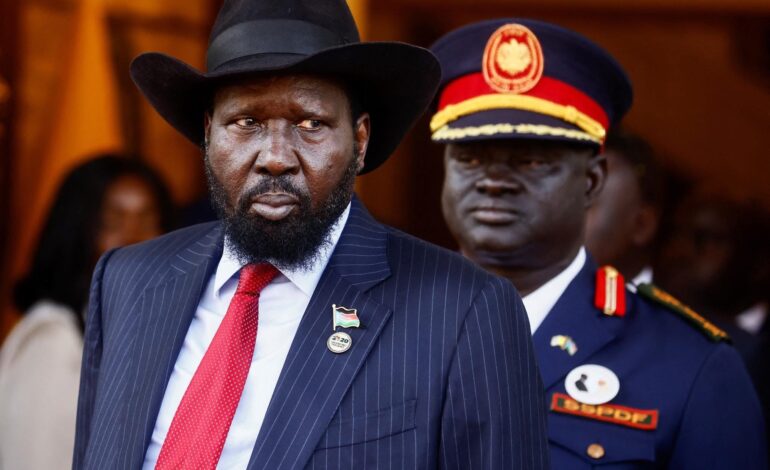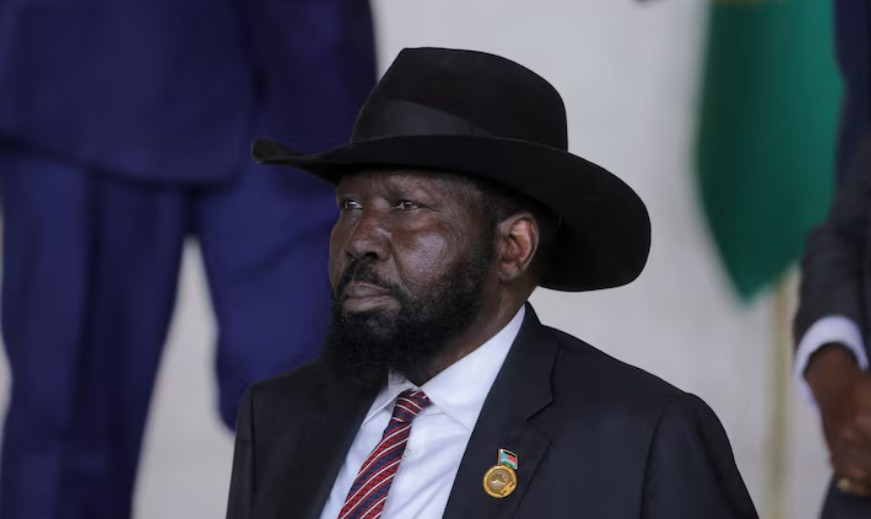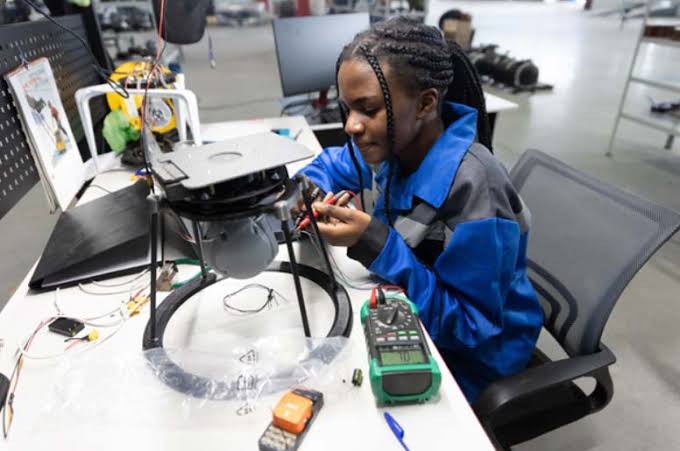
Faith Nyasuguta
South Sudan’s President Salva Kiir has ignited a heated political storm after appointing his daughter, Adut Salva Kiir, as Senior Presidential Envoy for Special Programmes. The decision, announced in a presidential decree broadcast on state television, has triggered widespread criticism and accusations of nepotism in a country where family ties and political power have often been inseparable.
The envoy role is regarded as one of the most influential offices within the presidency. It was previously held by Dr. Benjamin Bol Mel, who was recently promoted to Vice President in charge of the Economic Cluster. Adut’s appointment to fill the vacuum immediately drew attention not only because of the position’s significance, but also because of her close family link to the head of state.
Adut, though new to the government’s inner circle, is not a stranger to public life. She is the founder of the Adut Salva Kiir Foundation, a humanitarian organization that works in peacebuilding, youth empowerment, and social welfare. Supporters of her new appointment argue that her experience with humanitarian and community-driven initiatives makes her well placed to oversee special presidential programmes, which often involve post-conflict resettlement, development projects, and youth-related interventions. They further note that the position requires trust and discretion, qualities a president might find most readily in a family member.

However, the announcement has fueled outrage among opposition groups, civil society, and independent commentators, who say the move reflects the deepening culture of nepotism at the heart of South Sudan’s politics. Critics argue that Kiir’s decision erodes public confidence in government institutions by promoting family loyalty over merit. Some analysts have even described the trend as “inheritance governance,” warning that consolidating state power within the president’s family risks undermining democratic principles and further alienating the public.
This is not the first time President Kiir has been accused of favoring family members. Just months ago, he swore in two of his sons as ambassadors in the Ministry of Foreign Affairs, a decision that also attracted strong criticism. The pattern has raised concern that South Sudan’s fragile political system is drifting toward dynastic politics, where leadership opportunities are increasingly concentrated within a ruling family.
Political observers warn that these appointments could worsen divisions at a time when the country desperately needs unity. South Sudan is still emerging from years of civil war, struggling to implement peace agreements, and attempting to prepare for long-delayed elections, now expected in 2026. Critics fear that if the public perceives government offices as hereditary positions, faith in democratic processes could collapse, fueling instability.

Defenders of Kiir’s choice insist that the envoy’s role is unique and cannot be compared to conventional ministerial positions. They argue that the post requires immediate and effective responses to crises, and that entrusting it to a close relative could ensure faster decision-making in a government often paralyzed by bureaucracy. Still, this reasoning has done little to silence opponents who see the appointment as another blow to meritocracy.
As South Sudan inches toward elections, the optics of placing key state functions in the hands of family members may prove costly. While Adut’s supporters emphasize her humanitarian credentials, her new role has come to symbolize a larger struggle over transparency, accountability, and the future of governance in the world’s youngest nation.
RELATED:








